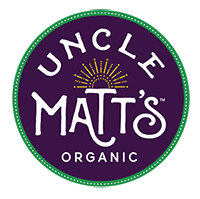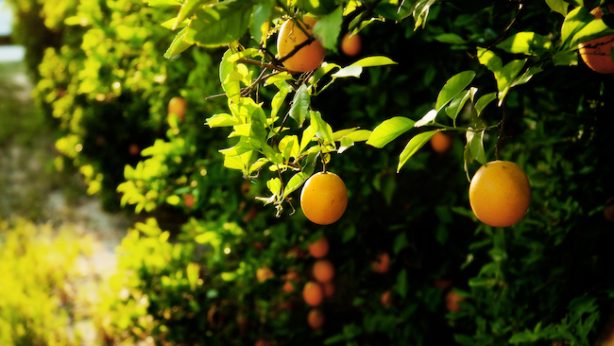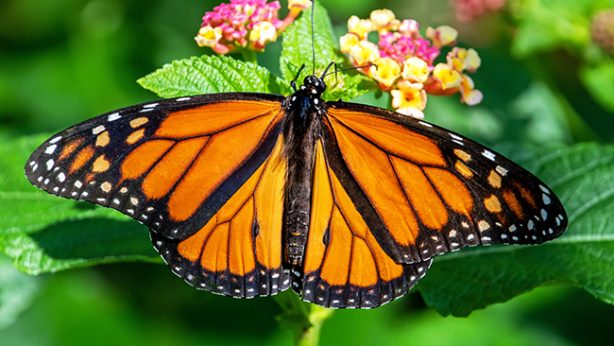How Your Food Choices Can Shape a Sustainable Future

In today’s ever-evolving world, where concerns about climate change are prevalent, it’s important to recognize the impact of every choice we make. Whether it’s how we travel or the items we purchase, each decision holds the potential to contribute positively to the well-being of our planet. One often underestimated avenue for making a difference lies in our dietary preferences – the food on our plates holds immense power to affect change.
Here’s how your food choices can become a force for good, leading to a brighter, more sustainable future:
- Choose organic: Opting for organic foods signifies a commitment to supporting agricultural methods that prioritize soil health, foster biodiversity and minimize chemical usage. Through organic farming, carbon sequestration in the soil helps mitigate the impacts of climate change. Moreover, organic farms typically exhibit lower greenhouse gas emissions per acre compared to conventional counterparts.
- Eat locally: Selecting locally grown produce not only supports nearby farmers and producers but also reduces the carbon footprint associated with transportation. By investing in local communities, you actively contribute to the reduction of emissions stemming from long-distance shipping.
- Reduce meat consumption: Animal agriculture stands as a significant contributor to greenhouse gas emissions, notably methane and nitrous oxide. By moderating meat and dairy consumption or exploring plant-based alternatives, you can substantially decrease your carbon footprint. Even small adjustments, such as embracing Meatless Mondays, can yield meaningful results.
- Minimize food waste: Addressing the issue of food waste is paramount, given its substantial contribution to greenhouse gas emissions. Simple practices such as meal planning, proper storage of leftovers, and composting organic waste can effectively mitigate methane emissions from food decomposition in landfills.
- Support sustainable fisheries: Unsustainable fishing practices pose a threat to marine ecosystems and biodiversity. Opting for sustainably sourced seafood, often labeled as “wild caught,” helps safeguard vulnerable species and fosters the long-term health of our oceans.
- Embrace seasonal eating: Consuming foods in-season not only reduces energy consumption associated with storage and transportation but also bolsters support for local farmers while promoting agricultural biodiversity.
By making mindful choices about what we consume, we hold the power to enact positive change for the environment. Let’s unite in our commitment to selecting foods that not only nourish our bodies but also nurture the planet. We invite you to join us in our mission to advance organic living and sustainable agriculture. Together, through the collective power of individual actions, we can forge a path towards a greener, more resilient future – one meal at a time.


